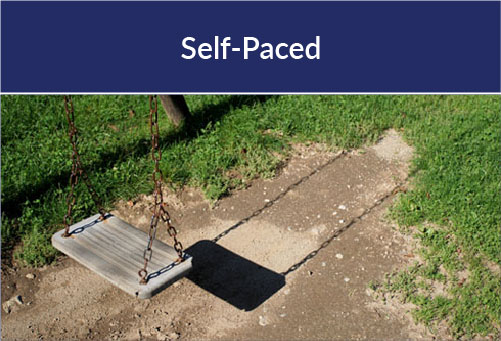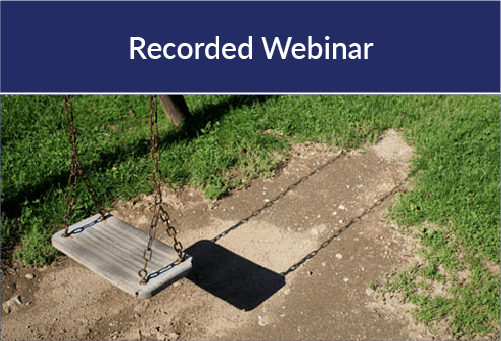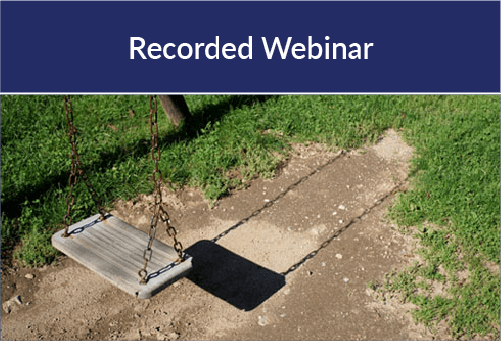


Do you have the essential tools in your tool kit when responding to the abduction of a child or missing person under unknown circumstances? Does your agency conduct a self-assessment to ensure they have those tools to handle these critical times? Harry Earle shares three critical items involved with the Initial Neighborhood Canvass Tool.

In the modern cyber-world, almost all criminal investigations have an online aspect that can be used to further investigations and more quickly solve otherwise difficult cases. Join us to examine open source online intelligence/information and learn how to leverage free platforms, databases, and web applications to strengthen criminal cases. Uncover little known facts and techniques to optimize results using online search engines and online internet resources, which will support your investigations and prosecutions. Learn how to complete and serve search warrants for a variety of electronic information and databases to further all types of investigations. Develop new skill sets to establish contacts and open-source intelligence networks to provide ongoing criminal and threat intelligence in your jurisdiction.

During these difficult times of social distancing and self-quarantine, there has been a dramatic increase in online activities by children, and a heightened concern for their safety by parents/guardians, educators, and child protection professionals. Kids and teens are unable to go to school, participate in sports or other activities, or hang out with their friends, and instead spend many hours in the online world. This webinar provides ICAC members and other child protection professionals with tools and resources to help parents/guardians and others create a safer environment for all children.

Learn how to maintain support for the SORNA program, leadership and community buy-in and engagement, strategies for developing SORNA resources, and ideas for expanding supervision and monitoring of SORNA registrants.

Learn about the Tribal Justice System Planning Process (TJSPP) principles and how a comprehensive tribal justice system strategic plan can improve public safety and the quality of life in your community. This online training course is designed for grantees who have not participated in the onsite TJSPP course, as well as non-grantee tribes.

Gather information on the structure and interdependent functions/roles of a CART program. Learn about protocol development and management, development and use of Memoranda of Understanding, CART composition, training including tabletop exercises and field scenarios, and CART certification standards. Examine a case study which integrates all topics covered for effective CART leadership.

Today when a child or adult goes missing, there are many digital avenues of follow-up that are necessary in a timely recovery. During this webinar, we will address follow-up items that are often time sensitive and crucial if the case becomes a long-term investigation. Learn how to follow-up on Internet activity, social media accounts, device usage, application data, important “usage” on cell phones or tablets and more.

Explore how to take the CART concept and bring it to life in your department. Is it a standard template for the pitching of the buy-in? Does my department need CART? Is it feasible? My CART doesn’t look like theirs? This webinar will address these questions and provide clarity on how to form an effective and a departmentally specific CART.

Criminal records of sex trafficking victims are known barriers to exiting sex trafficking situations. The link between committing crime while being a victim of sex trafficking, called forced criminality, has received little research attention. One aspect of forced criminality in sex trafficking situations includes ‘trick rolls’ which are the robberies of sex buyers. With the purpose of exploring forced criminality, this study examined 467 trick roll cases which are robberies conducted in a prostitution situation perpetrated by the sex seller, during one year in Las Vegas, Nevada. Trick roll cases involving sex trafficking victims were found to be more likely to involve multiple suspects (including their sex trafficker), begin at a bar/club or casino floor, involve the theft of more valuable items, more likely involve a weapon, and more likely to involve the injury of the sex buyer.

Does your community struggle with a rise in drug usage and overdoses? Do you know why Fentanyl is so popular? Gil Van Attenhoven shares what Fentanyl is, what causes overdose deaths and why it is happening.
